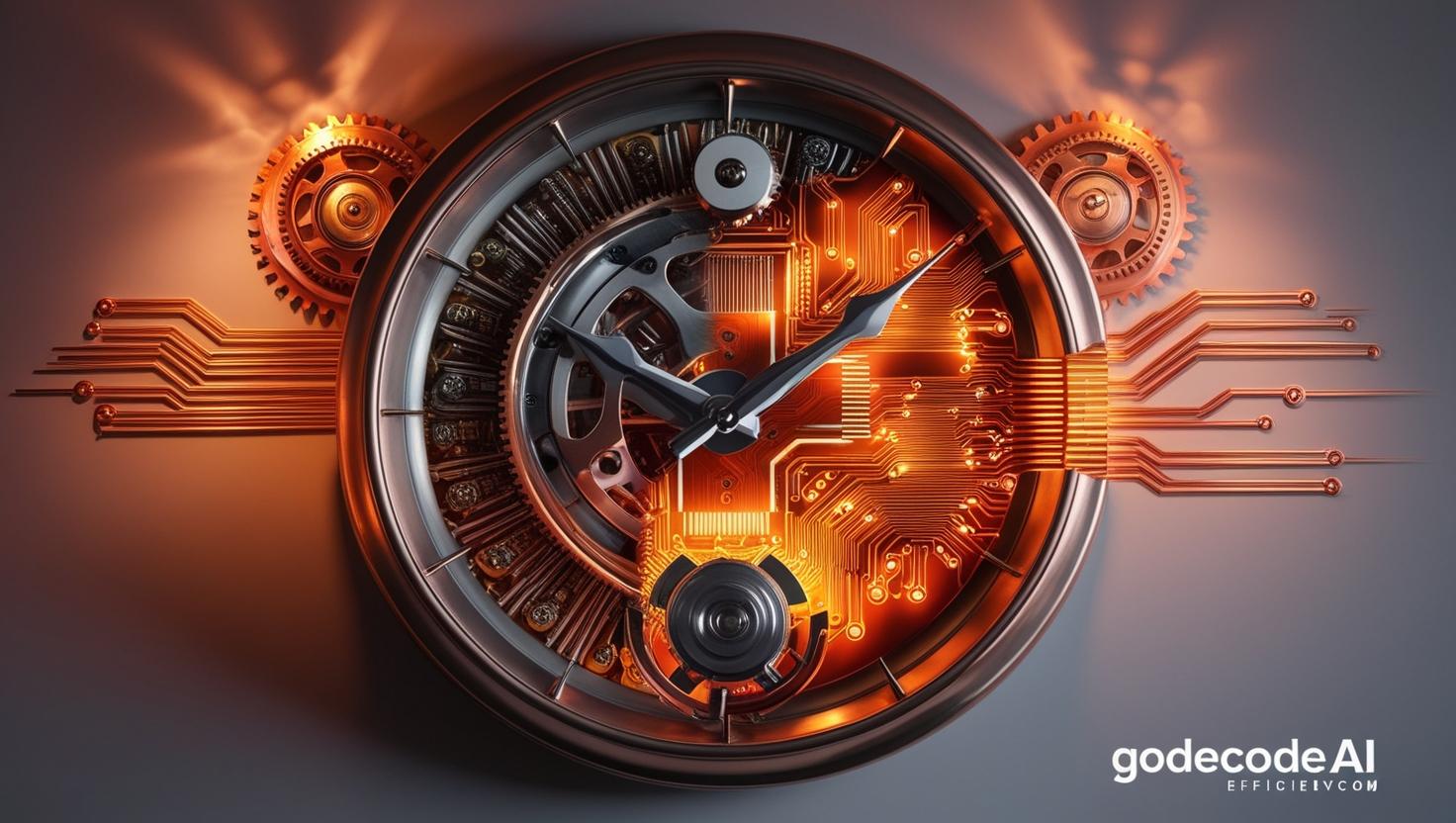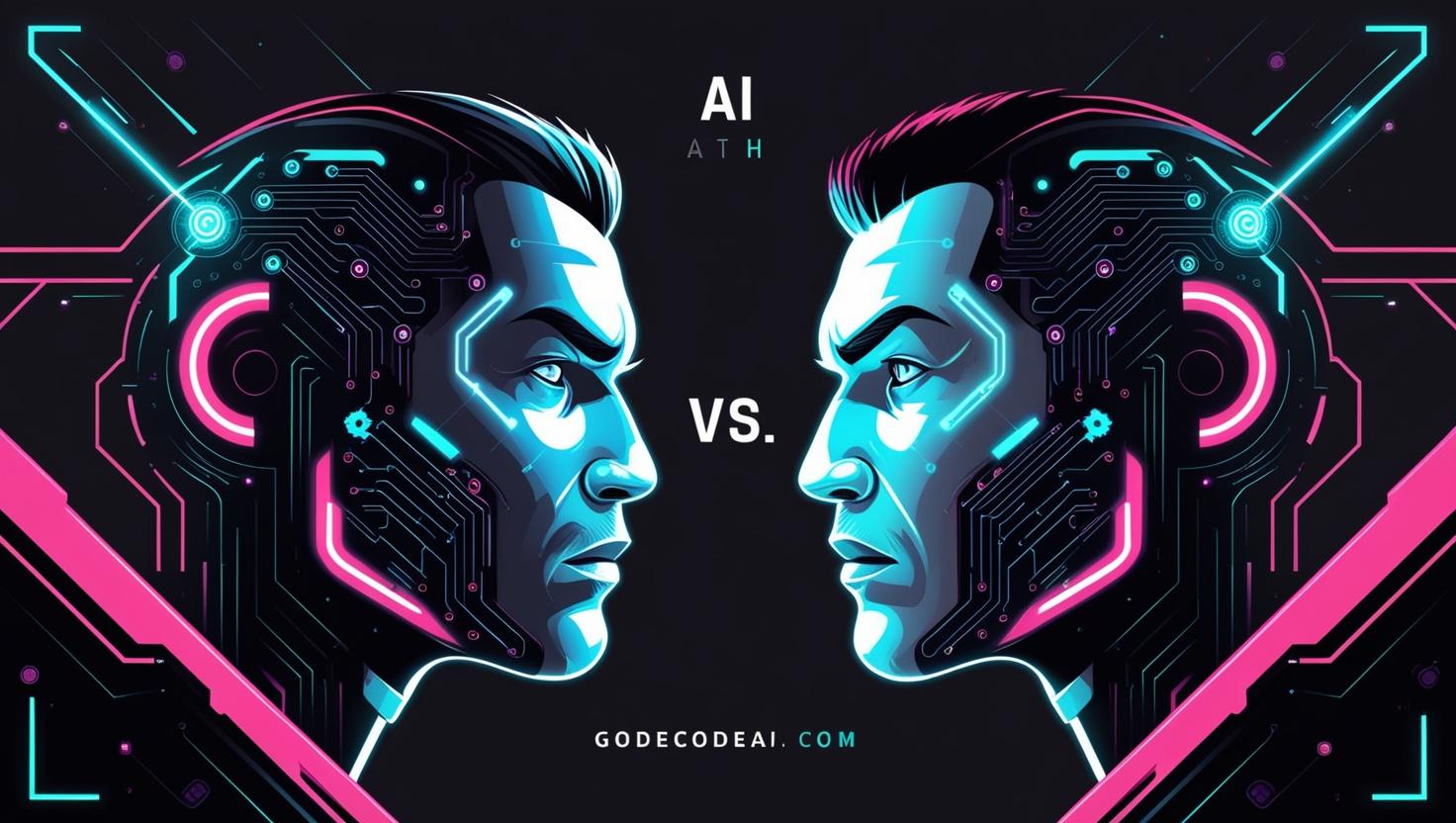Meet Devin, the Self-Coding AI
There’s a new coder in town. But it doesn’t sleep, doesn’t ask for raises, and definitely doesn’t write spaghetti code. Its name? Devin—the world’s first autonomous AI software engineer, developed by Cognition AI.
While ChatGPT writes code snippets and GitHub Copilot finishes your functions, Devin goes further. It reads tickets, fixes bugs, spins up environments, runs tests, deploys apps, and even commits to GitHub—all on its own. It’s not just a code helper. It’s a full-stack engineer.
Naturally, this leads to the billion-dollar question:
Will Devin replace software engineers?
The answer isn’t as simple as “yes” or “no.” In this article, we’ll unpack what Devin can do, how it stacks up against human engineers, and what this means for the future of tech jobs.
2. What Is Devin, and How Does It Work?
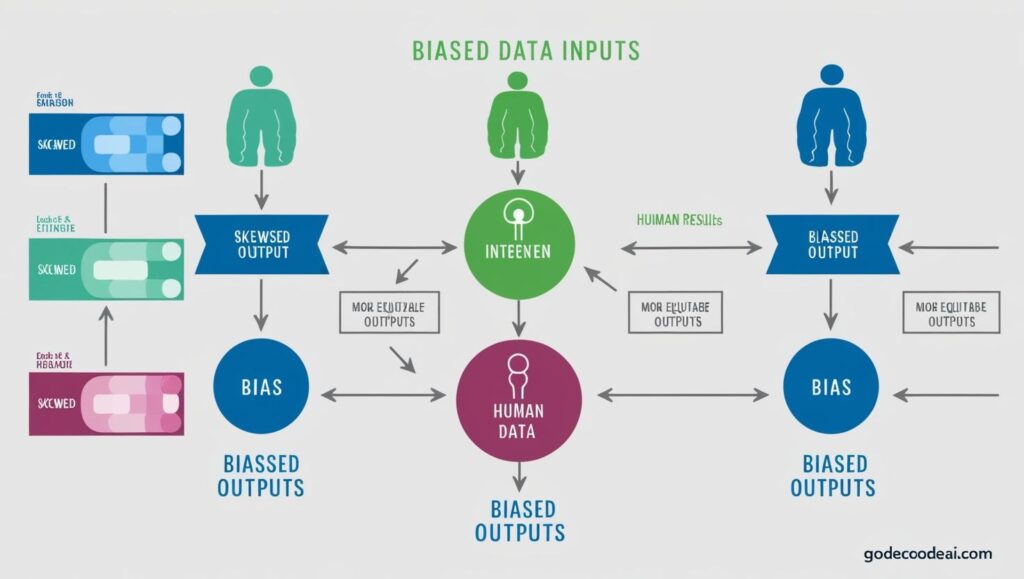
Cognition AI introduced Devin as an autonomous AI agent designed to perform real-world engineering tasks. Unlike AI coding assistants that need a human in the loop, Devin can:
- Understand a coding task from plain English
- Write and edit code across various languages
- Set up full dev environments
- Use tools like a browser, shell, and editor
- Perform QA testing
- Deploy applications
- Submit pull requests on GitHub
Essentially, Devin operates like a junior developer intern on autopilot, able to work 24/7 without supervision.
🤖 Example in Action:
A task like “build a dashboard that tracks crypto prices” isn’t just interpreted—it’s executed. Devin finds the right API, sets up a React or Flask app, writes the backend logic, and hosts the final product. All while documenting and version-controlling the codebase.
3. The Productivity Edge: Human vs. Devin
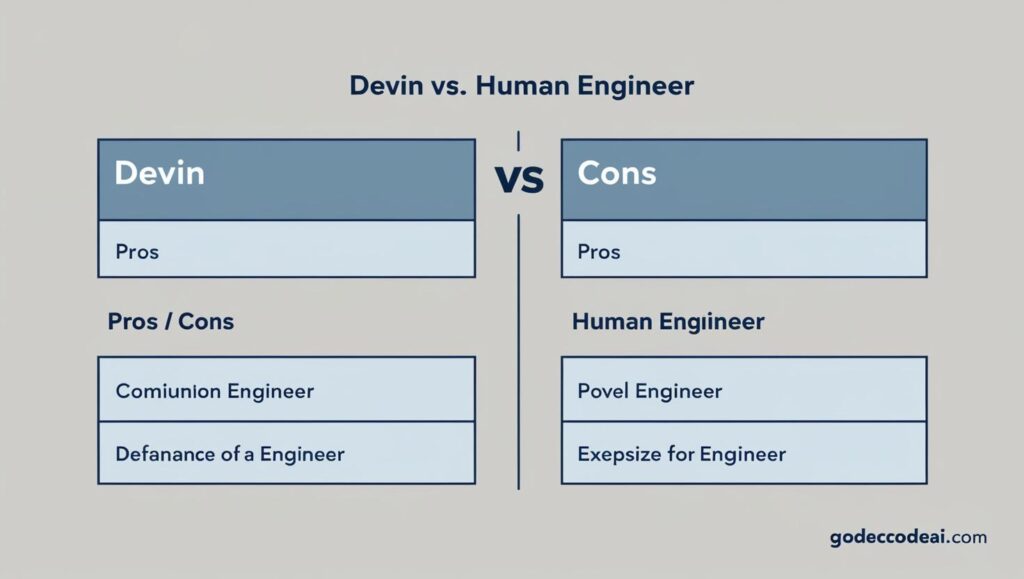
Let’s be real: Devin can crush hours of manual dev work in minutes. This kind of productivity presents a massive advantage in areas like:
- MVP development (fast product iteration)
- Bug fixing (especially legacy systems)
- Automation of repetitive tasks
- Test writing & documentation
- Rapid prototyping
But… is faster always better?
🔍 The Catch:
- Devin still makes mistakes (and sometimes hallucinations).
- It lacks architectural intuition—the kind that comes from real-world experience.
- It may follow bad instructions blindly.
- It can’t yet navigate office politics, product trade-offs, or customer empathy.
Humans don’t just code—we reason, challenge assumptions, brainstorm, negotiate, and adapt to ambiguity. That’s where human engineers still dominate.
4. The Job Threat: Who’s Really at Risk?
Let’s not sugarcoat it—some coding jobs are at risk. But not all are equally vulnerable. Here’s a rough breakdown:
🔥 Most at Risk:
- Junior developers / interns
- Simple web dev freelancers
- Routine bug fixers
- QA testers
🛡️ Safer (for now):
- Architects & senior engineers
- DevOps and infra experts
- Cross-functional engineers (product + tech)
- AI & ML researchers
- Engineers with strong soft skills (PM collab, leadership)
The threat isn’t “AI replacing engineers.” It’s AI replacing commoditized code labor.
5. Future-Proofing Yourself: What Engineers Should Do Now
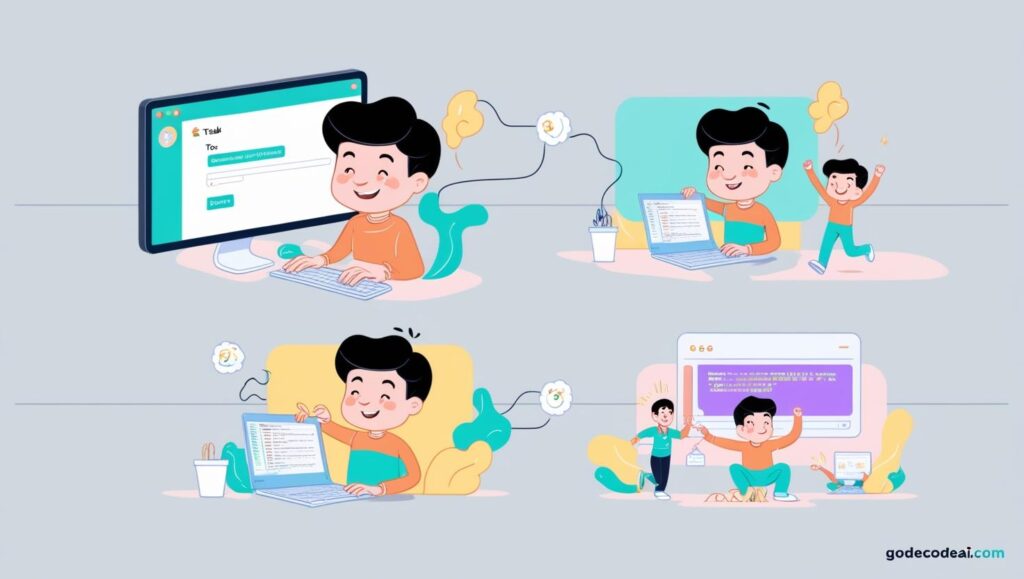
In a world where Devin writes code better and faster, engineers must evolve. The winners in this new landscape will be those who:
- Think like systems architects, not task robots
- Learn how to collaborate with AI tools, not resist them
- Level up soft skills: communication, product thinking, leadership
- Own business context and contribute beyond just tickets
- Shift from doers to decision-makers
Think of AI like a junior teammate—it can be incredibly powerful if you manage, guide, and correct it well.
6. FAQs
Q: Will Devin replace all programmers?
No. Devin automates repetitive, well-scoped tasks. But real-world software engineering requires architecture design, stakeholder communication, and adaptability—skills that AI lacks for now.
Q: Can Devin build full apps on its own?
Yes, for simple to mid-complexity projects. Devin can build dashboards, microservices, APIs, and UIs with minimal input. But complex systems still need human oversight.
Q: Should I stop learning to code?
Absolutely not. Coding is now more about orchestrating logic and systems, not typing syntax. Knowing how to code lets you leverage AI like Devin better than non-coders ever could.
7. Final Thoughts: The End of Code, or the Start of Super-Coders?
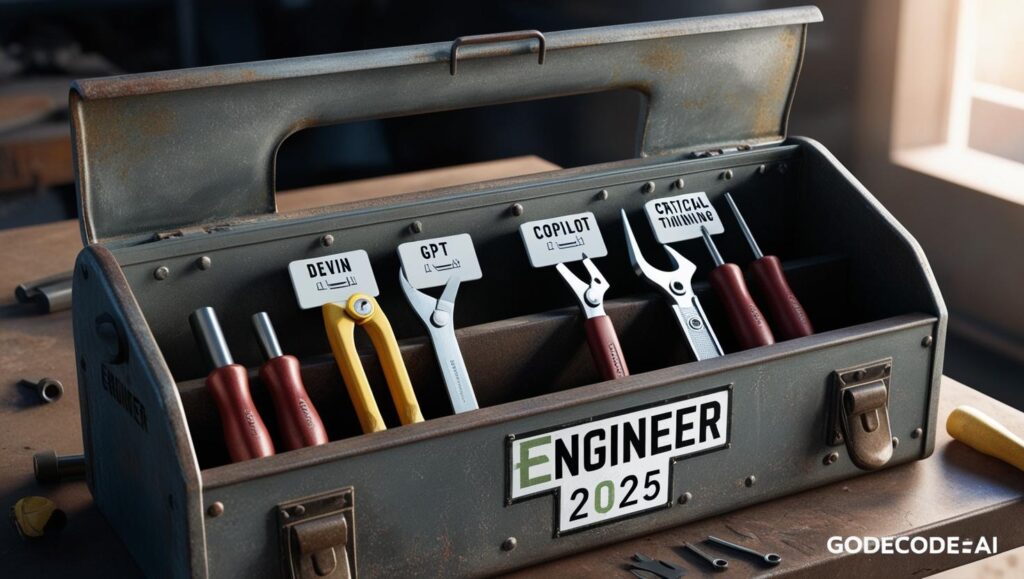
Devin isn’t the villain. It’s not here to steal your job—it’s here to change what your job looks like.
Think of it this way: Calculators didn’t kill math. Google didn’t kill thinking. Grammarly didn’t kill writing. These tools augmented humans. Devin may do the same for engineering—freeing us from grunt work so we can focus on higher-value thinking.
That is, if we’re willing to evolve.






